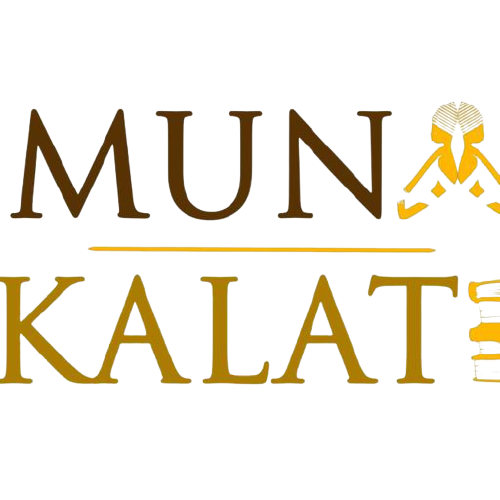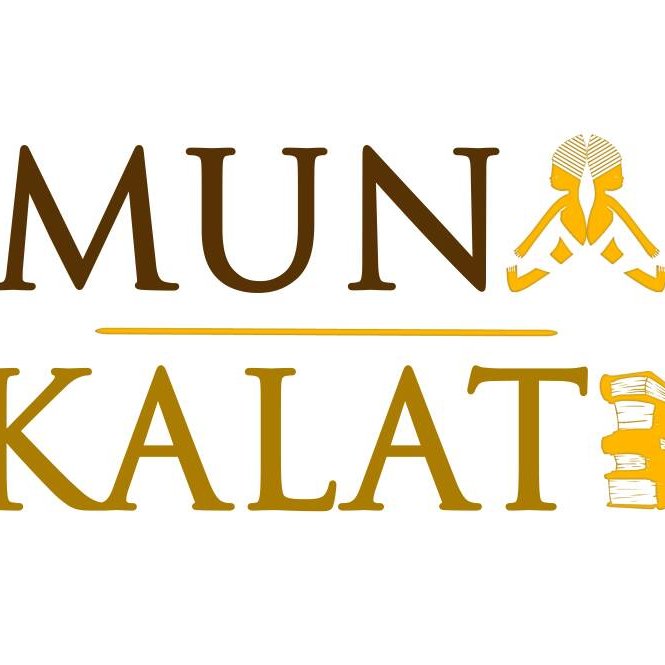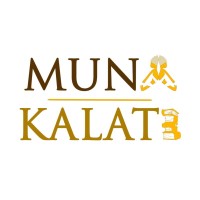Mr. Coulibaly is a Malian of Ivorian origin. After completing his primary and elementary school certificate (Common Entrance Certificate), he returned to Mali to continue his secondary and higher education. He now holds a Master’s degree in philosophy and is completing a Master’s degree in Chinese philosophy. At the same time, he teaches philosophy in high schools and runs the Lôniso school “Temple du Savoir” in Kati, a town located 15 km from Bamako
Browsing: Muna Kalati
Kongossa is part of storytelling, a component, but not the actual storytelling. There is nothing pejorative in the expression Kongossa. It simply means talking about the other person in his or her absence. In this sense, we have all practiced kongossa in one way or another.
Children’s books are full of knowledge that needs to be passed on to African children (medicine, gastronomy, legends, etc.). This knowledge can really enable children to develop gradually and become complete and qualified people later on.
On October 27, 2021 was held an experience sharing around the theme “how to make reading a hobby in your little one?” The organizer of the activity Nadine Mekougoum, sociologist and promoter of Harambee Africa shared her experience on the issue, on the Facebook page, Parents 2.0. She focused on her experience gained through exchanges with some families and her active participation in the Read’arts workshops. She came up with a few tips that parents can use.
It’s often difficult for African parents to find books for their kids online. Below is a list of diasporic publishers specialized in African and Afro-american children books. You can find much more interesting content on their respective website which have directly been added to ease things.
It was at university with the pan-African associative movements and my Master’s degree in “Africa and Globalization” that I discovered the rich African past and became aware of my cultural alienation. I knew more about the history of France, Great Britain and Belgium than that of Cameroon and I realized that the books of my childhood had largely contributed to it. I realized that children’s and youth literature was a powerful tool for building the imagination and identity of young Africans, for reducing illegal immigration and low civic and patriotic awareness. But I realized with regret that African children’s books were little known and accessible. The authors of books for adults were more publicized, celebrated and promoted than those of children’s literature, which was considered a marginal field, a ghetto or a sector of little interest reserved for amateur authors.
From the 9th to 12 September 2021, Muna Kalati was represented through its Director Christian Elongué at the 37th Ibby Children’s Book International Congress In Moscow, under the theme «Great Big World Through Children’s Books: National and Foreign Literature — Role, Value, Impact on Young Readers in Different Countries». It was an opportunity to explore diversity of themes, characters, issues in children’s literature of the world, to discuss cultural variety which doesn’t prevent them from interweaving and interacting.
Translation is a way of increasing the amount of reading material for African children.
‘If you talk to a man in a language he understands, that goes to his head. If you talk to him in his language, that goes to his heart’. – Nelson Mandela
Translation is an act of re-creation, sharing and reciprocal development between readers and writers of different languages. The potential of translation to greatly increase output with minimal effort is clear. Not all, however, feel comfortable with the use of translation as a way of increasing the amount of reading material for African children.
The growing interest in bilingual education in sub-Saharan Africa has highlighted an urgent need for reading material in African languages. Increasingly, parents and educators, conscious of the strategic value of indigenous language on identity construction, encourage or educate children to know and speak at least one local languages. However, parents are usually faced with many challenges whenever they attempt to find bilingual books in their local languages.
The International Publishers Association (IPA) is accepting proposals for projects to develop reading culture beyond the classroom in Africa, with grants from the USD 200,000 Africa Publishing Innovation Fund (APIF) on offer to the best ideas. The 2022 APIF theme of cultivating reading culture is intentionally broad to attract a wide range of innovations. Examples could be developing the publishing value chain (authors, illustrators, translators, literary agents, booksellers, distributors etc.) or increasing access to books, such as through public libraries.


